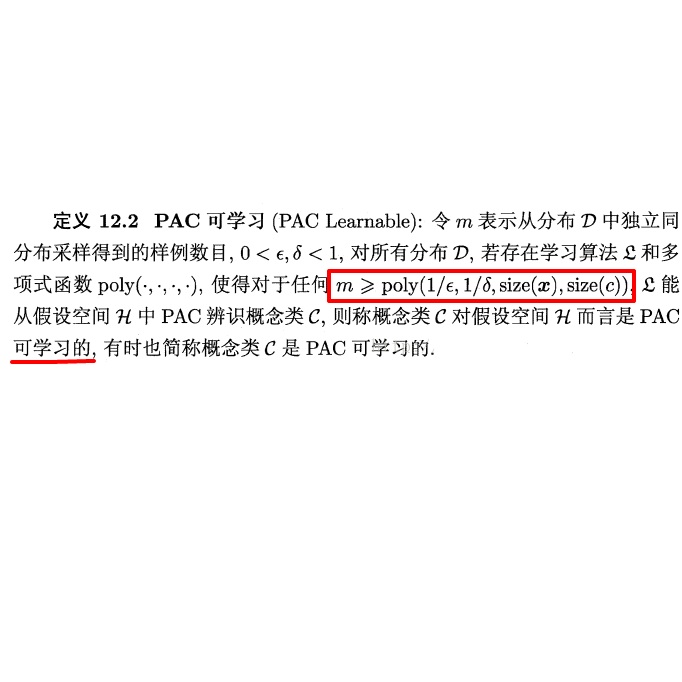The exponential scaling of the wave function is a fundamental property of quantum systems with far reaching implications in our ability to process quantum information. A problem where these are particularly relevant is quantum state tomography. State tomography, whose objective is to obtain a full description of a quantum system, can be analysed in the framework of computational learning theory. In this model, quantum states have been shown to be Probably Approximately Correct (PAC)-learnable with sample complexity linear in the number of qubits. However, it is conjectured that in general quantum states require an exponential amount of computation to be learned. Here, using results from the literature on the efficient classical simulation of quantum systems, we show that stabiliser states are efficiently PAC-learnable. Our results solve an open problem formulated by Aaronson [Proc. R. Soc. A, 2088, (2007)] and propose learning theory as a tool for exploring the power of quantum computation.
翻译:波函数的指数缩放是量子系统的基本属性,对我们处理量子信息的能力具有深远影响。 量子系统的一个特别相关的问题是量子状态断层法。 州断层法的目标是获得量子系统的完整描述,可以在计算学习理论的框架内加以分析。 在这个模型中,量子状态被证明在量子数量中可能接近正确(PAC),具有样本复杂性线性。 但是,据推测,一般量子国家需要大量计算才能学习。 在这里,利用量子系统高效古典模拟文献的结果,我们显示,刺绣国是高效的PAC-learnable。我们的结果解决了Aaronson[Proc.R. Soc. A, 2088, (2007) 提出的一个公开问题,并提出学习理论作为探索量子计算能力的工具。



